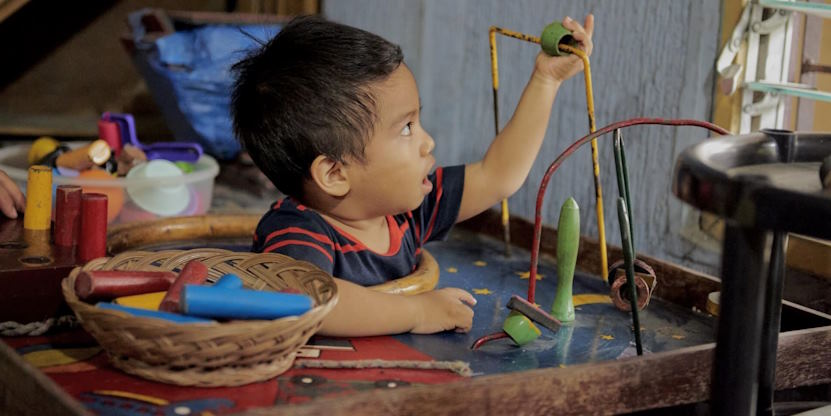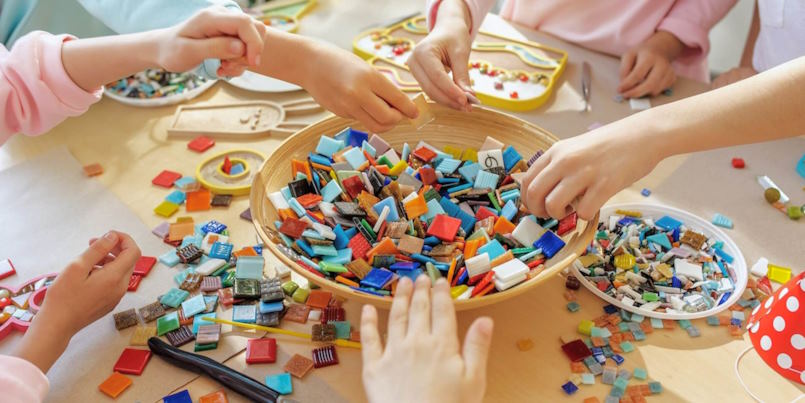Home » Parenting Styles » Understanding Children’s Complexes and Their Impact
Understanding Children’s Complexes and Their Impact

Much like adults, children can grapple with a range of emotions and experiences that shape their self-perception. Among these, complexes—feelings of inadequacy, inferiority, or insecurity—can profoundly affect a child’s emotional well-being and behavior. These complexes can stem from various sources and have far-reaching consequences if left unaddressed. However, understanding their origins and actively working to mitigate their impact can significantly benefit a child’s development.
Causes of Children’s Touchiness
A child’s sensitivity or touchiness often arises from a complex interplay of factors. Here are a few common causes:
Comparison and Expectations
Children are often compared to their peers or siblings, leading them to perceive themselves as falling short or not meeting expectations.
Negative Feedback
Even if well-intended, repeated criticism or negative feedback can foster feelings of inadequacy.
Social Pressures
Peer interactions and societal standards can contribute to feelings of not fitting in or being “different.”
Family Dynamics
Family dynamics, including parental behavior, sibling rivalry, or major life changes, can impact a child’s self-esteem.
Why Complexes Arise in Children
Children are in the process of forming their identity and understanding their place in the world. As they grow, their experiences shape their perceptions of themselves. They might develop complexes if these experiences consistently reinforce negative beliefs or undermine their self-worth. These feelings can manifest as sensitivity to criticism, withdrawal, or behavior issues.

How to Help Your Child Overcome Resentment
- Open Communication: Create a safe space for your child to express their feelings without fear of judgment. Listen actively and validate their emotions.
- Positive Reinforcement: Encourage and praise their efforts and achievements, emphasizing their strengths rather than focusing solely on weaknesses.
- Empathy and Understanding: Help them understand that it’s okay to feel upset or hurt but emphasize that setbacks or criticisms don’t define them.
- Building Confidence: Engage them in activities where they can excel and feel confident. This might include hobbies, sports, or creative pursuits.
How to Deal with Children’s Complexes
- Professional Guidance: Consider seeking guidance from a child psychologist or counselor who works with children. They can offer strategies and techniques tailored to your child’s needs.
- Foster a Supportive Environment: Encourage positive relationships with peers and family members. Surrounding the child with supportive, loving individuals can counterbalance negative experiences.
- Model Healthy Behavior: Demonstrate resilience and positive self-talk. Children often emulate the behavior they observe in adults.
- Patience and Persistence: Addressing complexes takes time. Be patient and consistent in providing support and reinforcement.
Children’s complexes can profoundly impact their emotional well-being and behavior. However, by addressing the root causes, fostering a supportive environment, and providing guidance, parents and caregivers can help children navigate and overcome these challenges. Encouraging self-confidence, open communication, and a positive outlook can empower children to develop resilience and a healthy sense of self-worth, laying the foundation for their future success and happiness.


